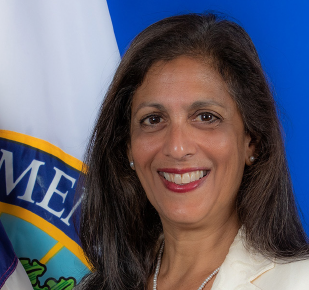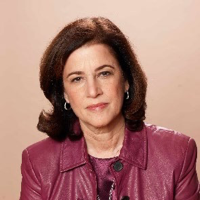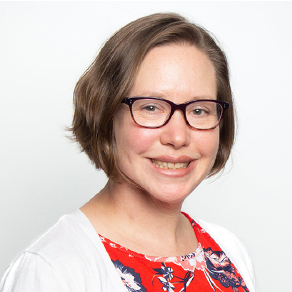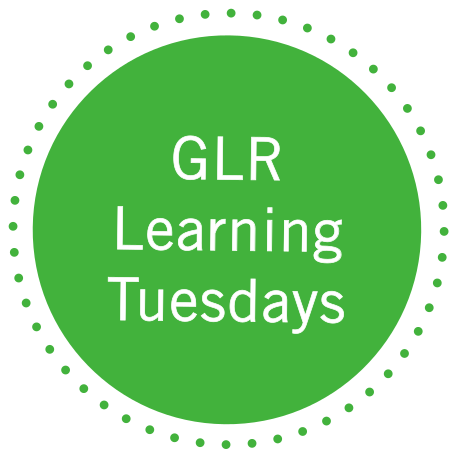
- This event has passed.
A Pivotal Year: Kindergarten’s Important Role in Education
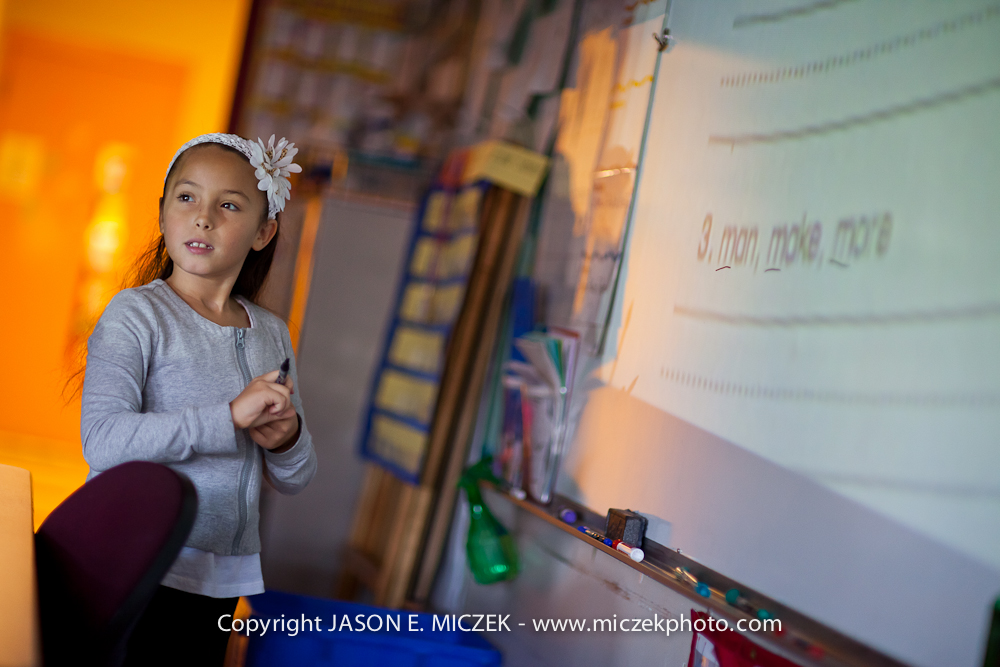
Bornfreund opened up the webinar by noting how kindergarten has changed over time. At one time children in kindergarten played to learn much of the school day. They explored and they made friends. But in the past few decades, the pendulum has swung almost entirely in the opposite direction. Kindergartners spend much more of their days in rote instruction in reading and math with limited options for choice, exploration and play. Research in the past decade shows how kindergarten has changed with some asking if kindergarten is the new first grade. In 2016, researchers published a study with that title showing kindergartners were exposed to more reading and math content in 2010 than in 1998. More exposure to math and reading isn’t a bad thing, but as with all things implementation and delivery matter. Reading shouldn’t crowd out science, math and opportunities for children to learn about the world around them. In fact, building background knowledge and vocabulary are important for being strong readers and learners. Play is learning — through guided play, exploration, relationships and conversations, teachers can transform learning for children from something teacher-directed and constrained to something engaging and interactive that is much more meaningful and impactful.
Swati Adarkar talked about kindergarten as the universal access point for children and a “sturdy bridge” between pre-K and the early grades. Ellen Galinsky talked about how for the sturdy bridge to work it needs to have a good foundation before and after kindergarten. She also said we need to move away from focusing on what kindergartners lack when they enter school and instead focus on the strengths they bring and then build from there. Dr. Ryan Lee-James highlighted the importance of relationships for building a reading brain. She also discussed how COVID wreaked havoc on children’s learning but pointed out that schools were struggling to meet all children’s needs, especially children from marginalized communities, before COVID. We need to do better for our young learners.
Panel
